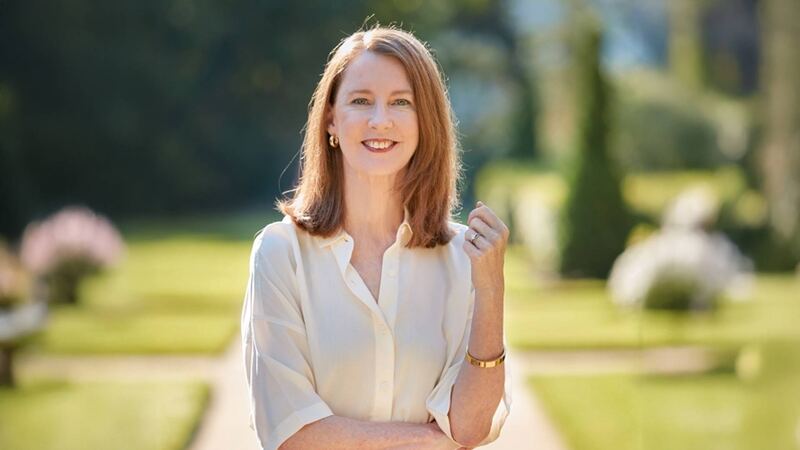You are viewing your 1 free article this month. Login to read more articles.
Euan Thorneycroft: A year in books
As the end of the year beckons, I’m reminded of the Crowded House song Four Seasons in One Day. Publishing seems to be experiencing a change in conditions every other week. Granted, it isn’t yet change on a daily basis but we are experiencing upheaval at a faster and greater rate than at any time in the history of the industry.
Literary agents, retailers and authors are becoming publishers. It seems everyone wants to be in on the act. Andrew Wylie and Ed Victor were the first agents to throw their hats into the ring. Amazon (who else?), obviously feel that just selling books isn’t quite for them, and are now publishing, and the likes of bestselling US writer John Locke have seen an opportunity to make more money going it alone.
And in the UK, J.K. Rowling will soon be selling e-books from her very own Pottermore website, bypassing both publisher and retailer. Perhaps strangest of all, publishers themselves are not immune to this role swapping. By adopting the ‘agency model’ of pricing books themselves (rather than leaving it to the shops), they have begun to play at being retailers. The factor that has made this change possible? Digital.
Although my job, for the moment at least, remains essentially the same – finding and nurturing talented writers – like every other agent (and, indeed, publisher) – I am finding that I spend a large proportion of my time discussing the current and potential impact of digitisation. It is time-consuming but fascinating. Electronic books offer us new challenges, but also new opportunities, which in turn could lead to attracting new readers. Technology and social media mean publishers and authors can target their readers far more accurately and directly than previously. Publishers such as Random House and Fourth Estate have seen the potential for reviving short stories, short books and long-form journalism. And specific e-book publishers are springing up all over the place.
Of course, print sales still account for the majority of authors’ earnings so we shouldn’t throw the baby out with the bathwater, but we should also embrace this change.
But does this mean a new publishing paradigm for all authors? I doubt it. Change – led by digitisation – will certainly affect everyone but I suspect most authors will still have to rely on tried and tested methods. However, even these are undergoing radical surgery.
Waterstone’s, at death’s door earlier this year, was bought with James Daunt of Daunt Books parachuted in to save the day as the new m.d.. Having become synonymous with the famous/infamous three-for-two offers, the chain recently announced its demise in favour of… well, we don’t quite know yet. Will this re-establish the value of the book in the buyers’ eyes? Or will it simply further reduce sales for mid-list authors? Whatever happens, we should be thankful that our major high street bookseller is still alive. In America, its equivalent – Borders – has gone bankrupt.
With the retail sector seemingly in a permanent low, publishers seem to want to play it safer than ever, but paradoxically, they are having to be more creative. Here are just two examples. I’m a big fan of the massively popular TV crime show, The Killing. It was recently announced that the excellent crime writer, David Hewson, is to adapt the show into a series of novels. The same has already happened with the BBC crime series, Luther. In both cases, the publishers are tapping into ready-made markets. Secondly, publishers are reviving old brands. James Bond was revamped by Sebastian Faulks and recently, Jeffery Deaver. Sherlock Holmes has enjoyed a new lease of life following the recent TV series and movies, and Anthony Horowitz has written a new Holmes novel for Orion.
Of course, this doesn’t necessarily help the first-time writer or the small, independent publishing house. Or even previously published writers of high calibre deemed surplus to requirements by the large publishers. But some things don’t change and prizes can still work their magic. Thank heavens. The Booker shortlist contained two debut novelists and out of the six publishers, five of them were indies. The longlist also contained a number of smaller publishers as well as debut writers. And although the eventual winner was the favourite Julian Barnes, it was a long-deserved win for the three-times shortlisted author.
Whichever way the winds of change blow in 2012, we can be sure there will be something good to read.
Euan Thorneycroft joined A.M. Heath as an agent in 2005, having previously worked at Curtis Brown for seven years. He represents literary and commercial writers of fiction and non-fiction.
An amended version of this piece first appeared in the winter issue of New Welsh Review, www.newwelshreview.com
Copyright: New Welsh Review and Euan Thorneycroft.















